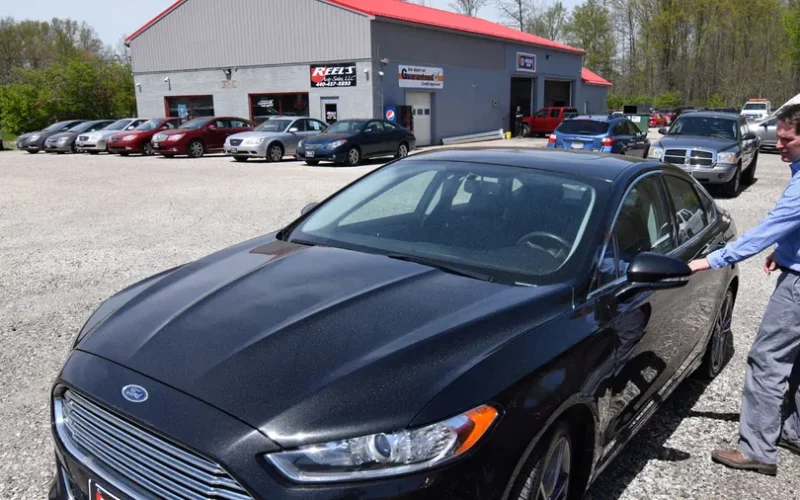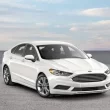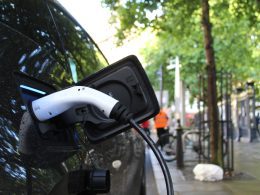Introduction
Amidst the tumultuous landscape that followed the COVID-19 pandemic, the automotive industry experienced unprecedented challenges. Yet, General Motors (GM), a stalwart in the American automotive sector, emerged as a beacon of resilience and innovation. With a strategic approach and forward-thinking initiatives, GM not only navigated the turbulent times but also spearheaded the resurgence of US auto sales. Let’s delve into the company’s remarkable journey and its triumph in leading the post-pandemic automotive market.
Resilience in Adversity
The onset of the pandemic brought forth an era of uncertainty, disrupting supply chains, halting production, and altering consumer behavior. As dealerships closed their doors and demand plummeted, the automotive industry faced a daunting future. However, GM responded swiftly, implementing agile strategies to adapt to the changing landscape.
Pioneering Electric Vehicle Revolution
Amidst the challenges, GM’s commitment to an electric future remained unwavering. The company doubled down on its electric vehicle (EV) initiatives, unveiling an ambitious plan to invest billions in electrification. The launch of the Chevrolet Bolt EV and the highly anticipated GMC Hummer EV showcased GM’s prowess in innovation, captivating consumers with cutting-edge technology and sustainable mobility solutions.
Reimagining the Consumer Experience
GM’s resilience extended beyond product innovation. The company revamped its approach to customer engagement and retail experiences. Embracing digital transformation, GM accelerated its online sales platforms, enabling customers to explore, customize, and purchase vehicles from the comfort of their homes. This adaptive shift resonated well with the evolving consumer preferences for seamless and convenient transactions.
Navigating Supply Chain Disruptions
The pandemic underscored the vulnerability of global supply chains. GM’s proactive measures to mitigate supply chain disruptions ensured a steady flow of essential components, preventing production bottlenecks. Collaborative efforts with suppliers and innovative solutions to address supply chain challenges demonstrated GM’s adeptness in navigating a complex and volatile environment.
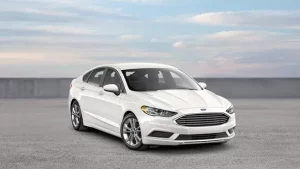
Sustainability and Social Responsibility
Beyond business resilience, GM emphasized its commitment to sustainability and social responsibility. The company made significant strides towards carbon neutrality, aiming to eliminate tailpipe emissions from its light-duty vehicles by 2035. Additionally, GM’s initiatives toward diversity, equity, and inclusion fostered a culture of empowerment and innovation, strengthening its position as a socially responsible corporate leader.
Market Leadership and Growth
GM’s unwavering commitment to innovation, sustainability, and consumer-centric strategies bore fruit as the company reclaimed its position as a market leader. With a diverse portfolio of vehicles catering to evolving consumer preferences, GM witnessed a surge in sales post-pandemic, outpacing competitors and gaining substantial market share.
Future Outlook
As the automotive industry continues to evolve, GM remains poised for sustained growth and innovation. With upcoming launches of next-generation electric vehicles and advancements in autonomous technology, GM is at the forefront of shaping the future of mobility.
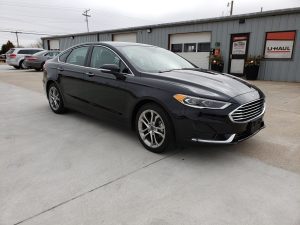
Conclusion
General Motors’ remarkable resurgence amid the pandemic underscores its resilience, adaptability, and unwavering commitment to innovation and sustainability. Through visionary leadership and strategic initiatives, GM not only navigated the challenges but emerged as a trailblazer, leading the revival of US auto sales. As the automotive landscape undergoes transformational changes, GM’s triumph serves as a testament to the power of resilience and innovation in shaping a brighter future for the industry.






